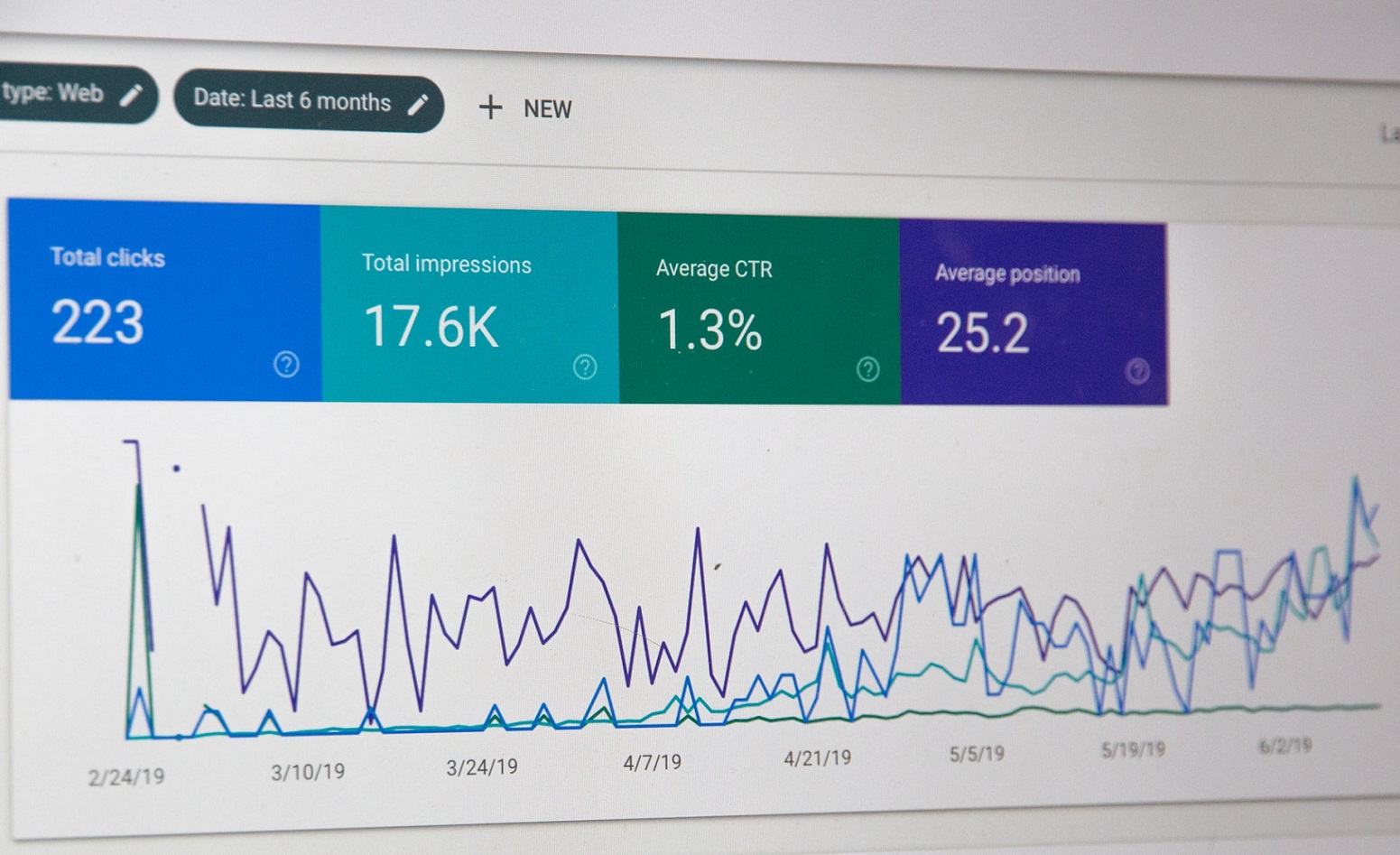What is AI
Artificial intelligence (AI) is an extended branch of computer science that deals with creating and innovating in building smart machines capable of performing tasks that typically require human intelligence. Planning, learning, thinking, problem-solving, information retrieval, perception, motion, and manipulation, as well as, to a lesser extent, social competence, and creativity, are all behaviors linked with human intelligence.
Today, AI is used to recommend what you should buy next on the internet, to interpret what you say to virtual assistants like Amazon’s Alexa and Apple’s Siri, to recognize who and what is in a photo, to detect spam, and to detect credit card fraud. Artificial intelligence is divided into two categories.
1. Narrow AI: Narrow AI is what we see in today’s computers: intelligent systems that have been taught or learned to do specific tasks without being expressly programmed to do so. This form of machine intelligence can be seen in Apple’s Siri virtual assistant’s speech and language recognition, in self-driving car vision-recognition systems, and in recommendation engines that suggest things you might enjoy based on previous purchases. These systems, unlike humans, can only learn or be taught how to perform specific jobs, which is why they are referred to as narrow AI.
2. General AI: It is extremely different, and it is the type of adaptive intelligence found in humans, a versatile form of intelligence capable of performing a complex range of jobs, from haircutting to spreadsheet creation, and thinking about a wide range of issues based on its accumulated experience. This is the type of artificial intelligence that is more usually depicted in movies, such as HAL in 2001 or Skynet in The Terminator, but which does not exist today — and AI specialists are split on when it will become a reality.
What is good content?
Content marketing is more popular than it has ever been. Its goal is to inform and inform the audience. It allows customers to become acquainted with a brand or product before making a purchase. Good content connects with readers and motivates them to take action. There’s a lot more to developing content that works for an audience and search engines than good research, complex production, and harsh editing. Create material based on a narrative style that reflects your personality or brand. This is very important when marketing to consumers in the year 2020.
Furthermore, having a unique tale helps your content be distinctive by establishing a good bond with your target audience. Search Engine Optimization (SEO) is more important than ever before in driving significant organic traffic, and optimizing your content for SEO can help you improve your organic traffic.
You must, however, make friends with Google and concentrate on what Google rewards. For example, you’ll need to create authoritative content that focuses on issues, has a decent structure, and includes media, among other things.
What’s the bottom line? Make sure your content is optimized for both Google and users while creating it. Their goals are vastly different, even down to user tone, structure, and, most importantly, goals.
As a result, it’s critical to create content that has a clear set of aims and objectives.
How to use AI in content marketing
It’s not exactly new to use AI to create digital content. Businesses have relied on technology to provide financial reports, product or service descriptions, and data insights for years. AI is now being integrated into content creation in a variety of different ways.
You can use AI in content writing for performing market research, analyzing your competitors, seeing what works well with your audience, and collating all that data and information to create content from scratch that fits all the gaps in between.
In the field of digital marketing, artificial intelligence is making enormous strides. Thanks to content production organizations that employ diverse software, AI’s ability to generate original, readable pieces that meet a specific quality has already been well-established. While you focus on other key company factors such as marketing and advertising, an AI content generator will create the majority of your articles in no time. AI Content Generators send a problem to an AI engine, which then solves it.
AI engines gather data from a variety of sources and read it as if it were a person. It comprehends phrases as well as word associations. In marketing, artificial intelligence (AI) is a very strong force. It’s also affecting how brands generate and distribute content.
The most popular use cases for AI in marketing were content marketing efforts, which topped the list. Content analysis, keyword selection, data-driven content production, optimization, tailored content creation, and A/B testing to improve content are some of these.
All of these content marketing use cases, as well as many others, are currently possible using AI. Consider how this would work in the context of content marketing.
Human language is read and/or written by an advanced intelligent machine system. It learns a little more about how to improve every time it reads or writes, and it adjusts accordingly.
Conclusion
While a writer in flesh and blood spends hours upon hours thinking and fighting a creative block to write and market their content with the content writing agency, AI software can make the job simpler by doing it in almost half the time while also learning how to be more efficient.
Author’s Bio:
Harsh Dutta is the Founder at Content Writing Agency – Italics. He is a seasoned entrepreneur, Digital Marketer, and Professional Copywriter.










